Ernest "Bumi" Gelb, z"l
Biography
Ernest “Bumi” Gelb was born in May 1927 in the small village of Selce, located in eastern Czechoslovakia. He grew up in a traditional Jewish environment, receiving a religious education at the local cheder and yeshivas in the surrounding region. The son of Miriam and Menachem Mendel "Emil" Gelb, he had three younger sisters, Libu, Zlata, and Blima. Relations with their Ruthenian neighbors in Selce were quite peaceful.
In 1939, the Hungarian army invaded and occupied the area of Sub-Carpathian Rus, where Selce was located. Jews were soon restricted from owning businesses and drafted Jews for forced labor, including digging trenches. In 1941, Bumi’s father, Emil Gelb was taken to a Hungarian slave labor camp along with 30 men from their rural village. In 1944, during Passover, just as Bumi prepared to lead the seder for his family – his mother and 3 younger sisters – Hungarian police swarmed the village. As Bumi recalls:
There was a knock at the door, Hungarian border guards, who were the most vicious and feared and now fully allied with the Nazis. They were now appearing at each Jewish household at the time of the Seder. They shouted at us: “Pack up! You have one week! Take as many belongings as you want. You’re being relocated!” They said it was because of the coming Russian onslaught. We knew it was all lies as only Jewish homes were visited. Only our Jewish men were already in the horrible slave camps…
Soon Bumi and his family were taken to the ghetto in Orsheve and then to a large ghetto in Munkacs, where they were housed in a huge brick factory with thousands of other deported Jews from dozens of villages. They were forced to endure beatings and torture from both Hungarian militias and SS troops, along with horrible living conditions. In May 1944, the Jews in the Munkacs ghetto were deported to Auschwitz by train in cattle cars, suffering in horrific conditions for 3 days. Upon arrival at Auschwitz, German guards separated the families, determining who would live and who would die.
Bumi’s younger sisters Zlatku and Blimchu were gassed and burned in the crematoria upon arrival. Bumi soon volunteered to get out of Auschwitz, fearful that remaining there meant certain death. He was soon transported to Buchenwald, given the number 55562. “No more name, now simply a number.” After a short time in Buchenwald, he was sent to Dora, a satellite camp of Buchenwald, where he performed back breaking work building brick walls in the tunnels. Even in the midst of such unspeakable suffering and horror, Bumi continued to maintain his religious observance. “I remember how some mornings on our march from the blocks (barracks), one of the men started davening [praying] and we very quietly joined in. The risk was great, as any communication while marching was strictly forbidden. And, it was in Dora that many of us prisoners chose to fast on Yom Kippur.”
After four months in Dora, at the end of November 1944, Bumi was transferred to Ellrich, also a satellite camp of Buchenwald, where many prisoners died of starvation. “Between 4:00 and 5:00 every morning, very scantily dressed for the bitter freezing cold weather, we were forced to stand outside for a repetitive, torturous counting. Always visible were stacks of bodies 40 to 50 feet high (and surely visible to people living outside the camps). They would eventually be removed and shipped to crematoriums in Buchenwald. Over and over.”
Three months after his arrival in Ellrich, extremely malnourished, Bumi developed a severely gangrenous left leg. Deathly ill, he was soon transferred to the infirmary and then the typhus ward, which meant almost certain death. However, as the Allied armies were now closing in on the Reich, prisoners from the typhus ward were put in open train cars, perhaps 80 in a car, in freezing rain. They were given some bread and a can of meat, which lasted Bumi five days. After nine whole days, four of them without food or water, “the train arrived in Oranienburg with only eight of us alive. We were carried out by prisoners in this camp and placed in nearby barracks. The camp was very close to Berlin, which was then under heavy siege by the Russian army. Bullets were flying left and right around my head, but I couldn’t move.” On April 16, 1945, the Germans left the camp, and Russian soldiers liberated the camp. In the military hospital, Russian doctors performed surgery on Bumi’s leg, and he fell into a coma for the next two months. Once he was healthy enough to travel, Bumi made his way back home in the summer of 1945. “I made my way back to my home which was now occupied by neighbors. I found my father and my sister Libu. My dear mother and two younger sisters and more than 100 relatives had perished.”
On April 19, 1948, Bumi, together with his father and sister, arrived in New York. He completed high school and some college courses there before becoming a soldier during the Korean War, where he served in Austria in an Intelligence Unit. He married Sally and together they raised three children, and welcomed grandchildren, and great-grandchildren, while living in West Hartford, CT for over 40 years as active members of the Jewish community.
Bumi passed away on September 20, 2024. May his memory be a blessing.

herocenter@ctvoicesofhope.org | 860.470.5591
20 Waterside Drive, Suite 100, Farmington, CT 06032
